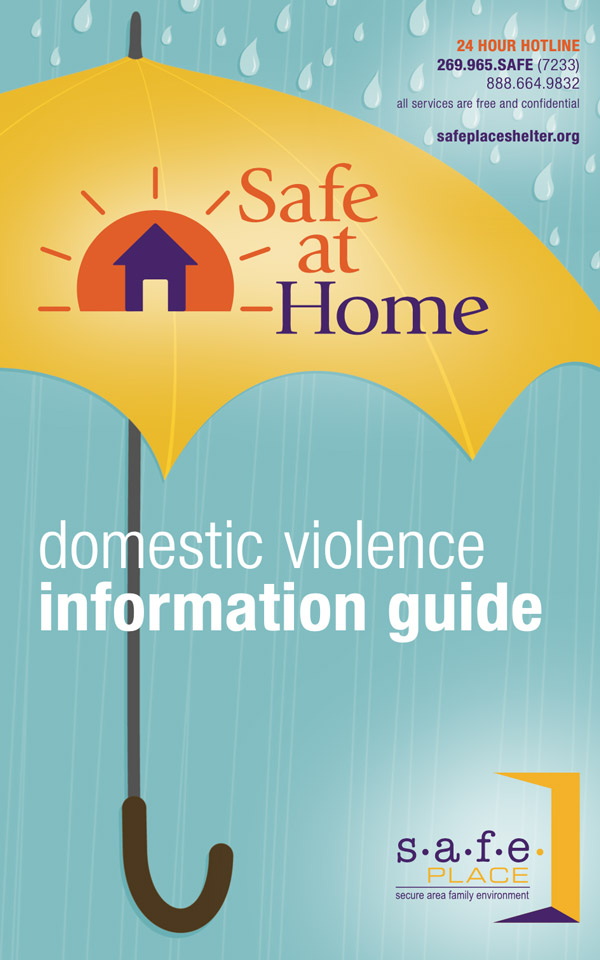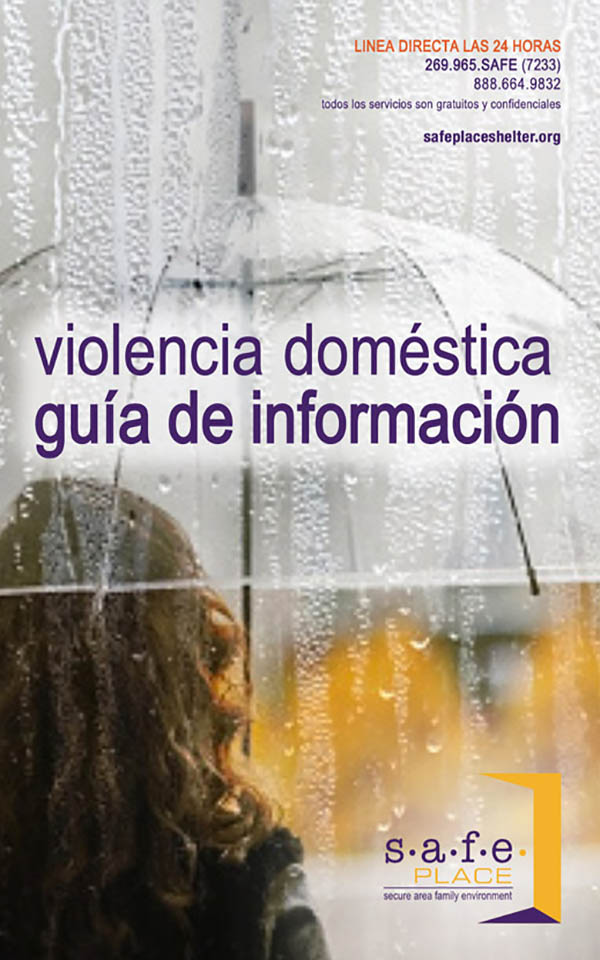Is Someone You Know In Danger?
As a neighbor, co-worker, friend, or relative, you should be aware of the warning signs of a potentially abusive situation.
- Do you notice a change in the behavior of someone you know? Do they seem distant or isolated?
- Does a friend or relative seem to be cutting off contact with you?
- Do they seem unduly concerned with the approval of a partner?
- Do they have to check with their partner to participate in social activities?
- Does their partner keep unusually close tabs on their activities and whereabouts?
- Do they not have control over spending their own money?
- Do you notice repeated unexplained injuries?
- Do you hear yelling, arguments and things crashing next door?
- Does a colleague or friend suddenly start missing work or school?
- Is there obvious tension in the relationship?
- Do you notice someone making fun of or humiliating their partner in front of others?
Warning signs of a potentially abusive personality
- Blames others for their problems
- Needy, expecting their partner to take care of their feelings
- Jealousy and control of their partner
- Cruelty to animals or children
- Own identity is not clear
- Increased danger/lethality when using drugs or alcohol, with mental health issues, or if have access to weapons
- Dr. Jekyll and Mr. Hyde Personality
- Controlling behavior
What to do if someone comes to you for help
You may know someone who is a victim of domestic violence. They may be looking for someone to talk to and may have chosen you. The following list of Do's and Dont's may be helpful.
Do
- Believe them.
- Encourage, but don't pressure them to talk about the abuse.
- Respect any need for confidentiality.
- Listen to and support the person's feelings without judging.
- Let them know they are not alone. Domestic violence happens to many people.
- Reassure them that the abuse is not their fault.
- Give them three clear messages: they can't change their partner's behavior; apologies and promises will not end the violence; and violence is never justifiable.
- Physical safety is the first priority. Discuss options and help make safety plans. Download our Safety Planning Guide.
- Give them the time they need to make their own decisions.
- If they are not ready to make major changes in their life, do not take away your support.
- Victims of abuse need our support and encouragement, but some forms of advice can be harmful or dangerous.
Don't
- Tell a victim what to do, when to leave, or not to leave.
- Tell them to go back and try a little harder.
- Rescue them by trying to make decisions for them.
- Offer to try to talk to their partner to straighten things out.
- Tell them they should stay because of the children.



